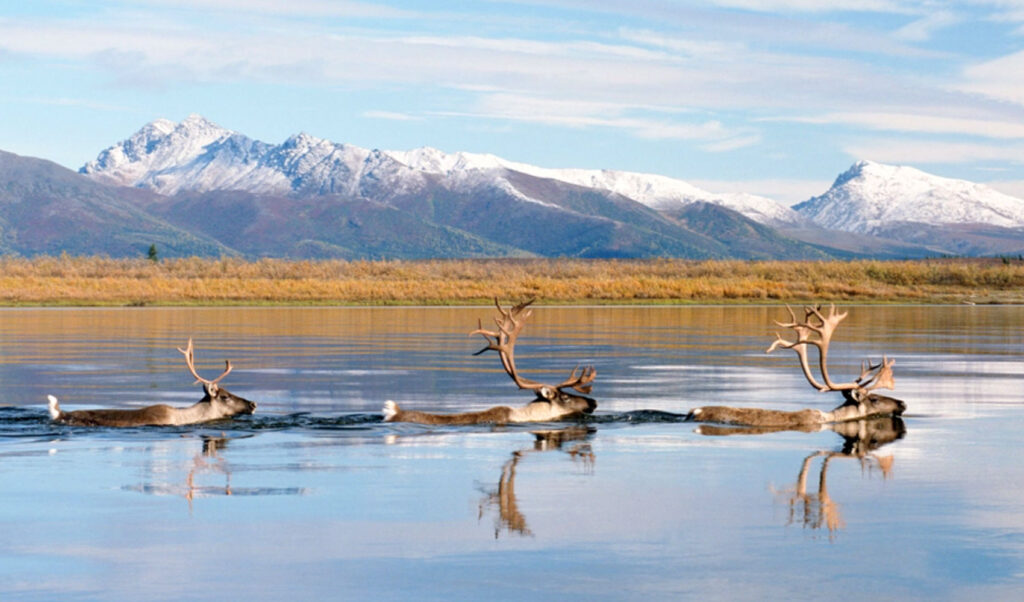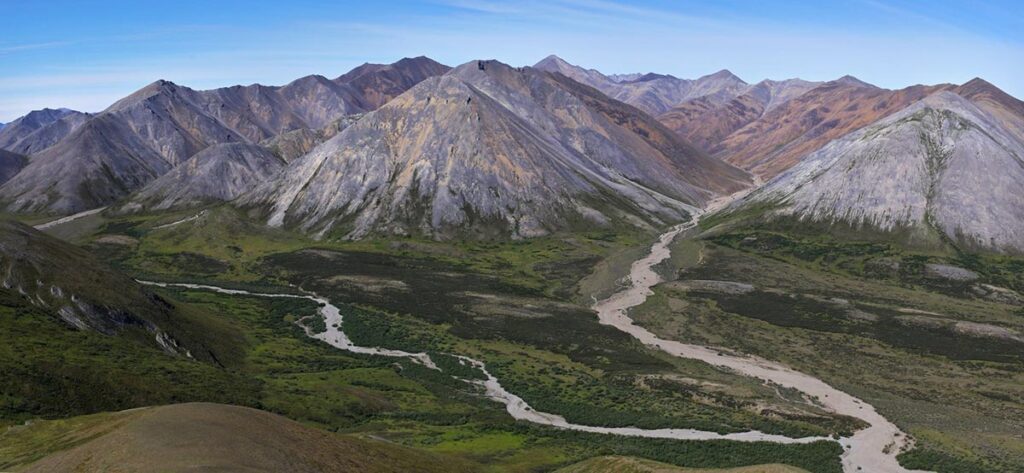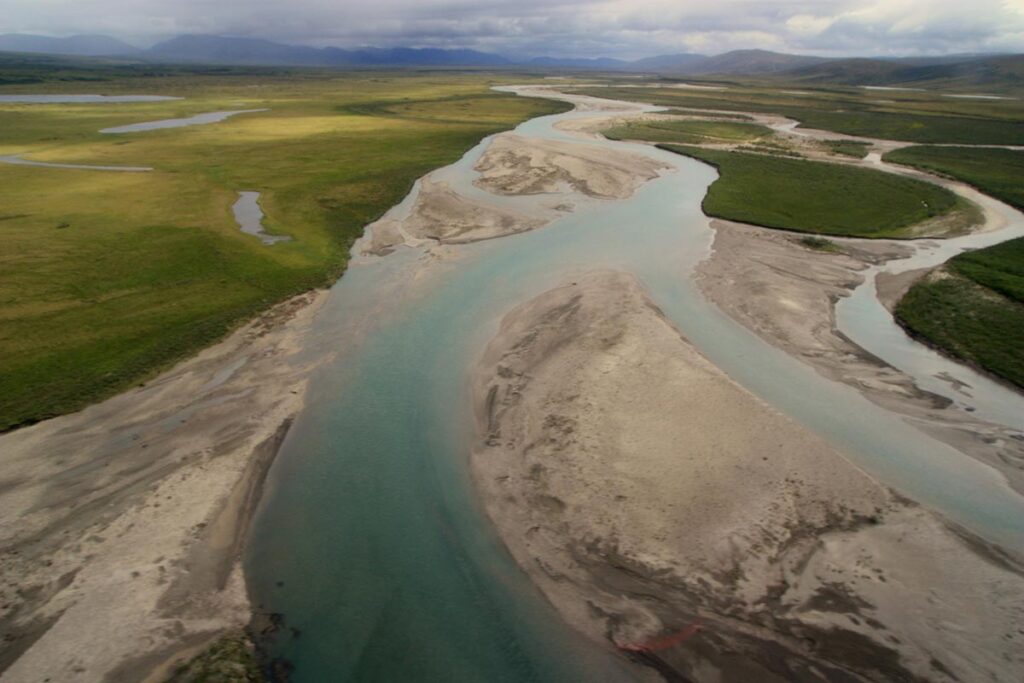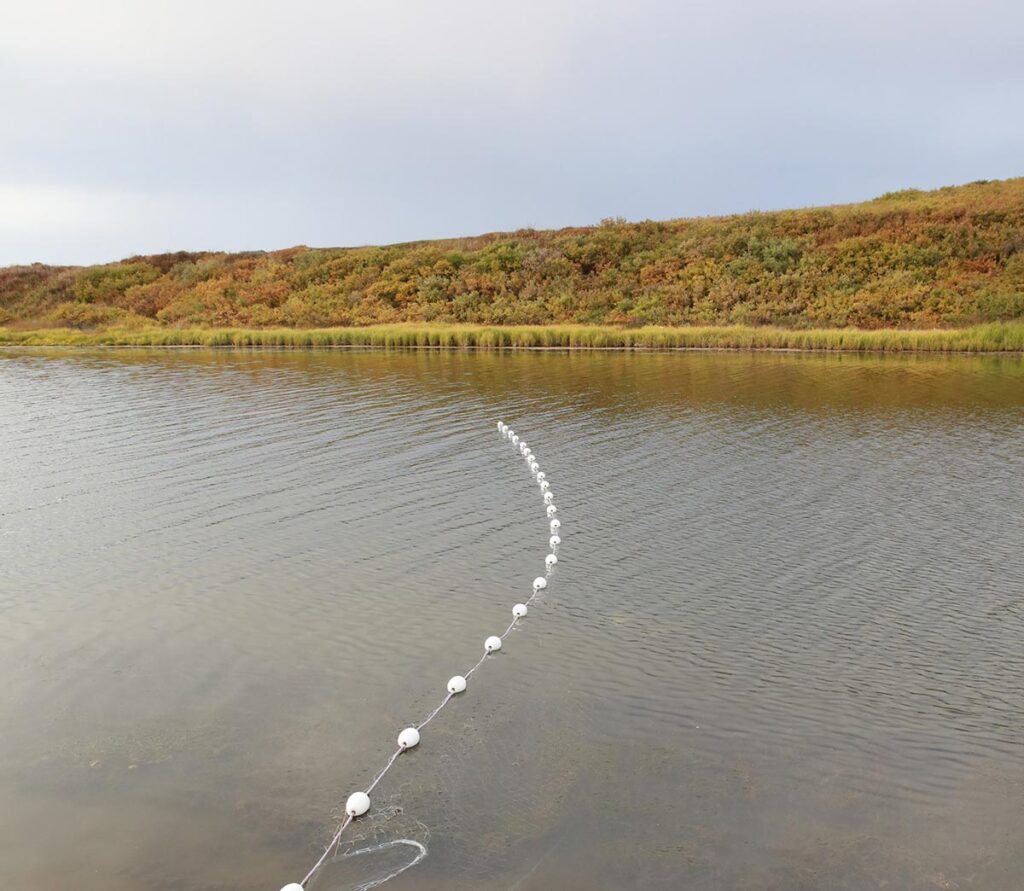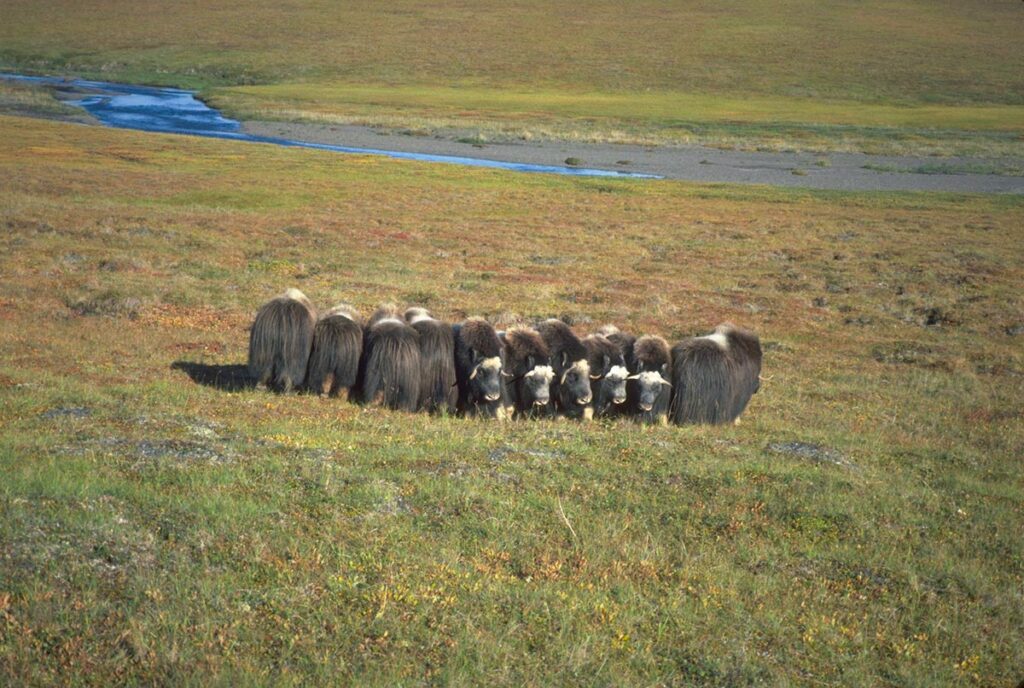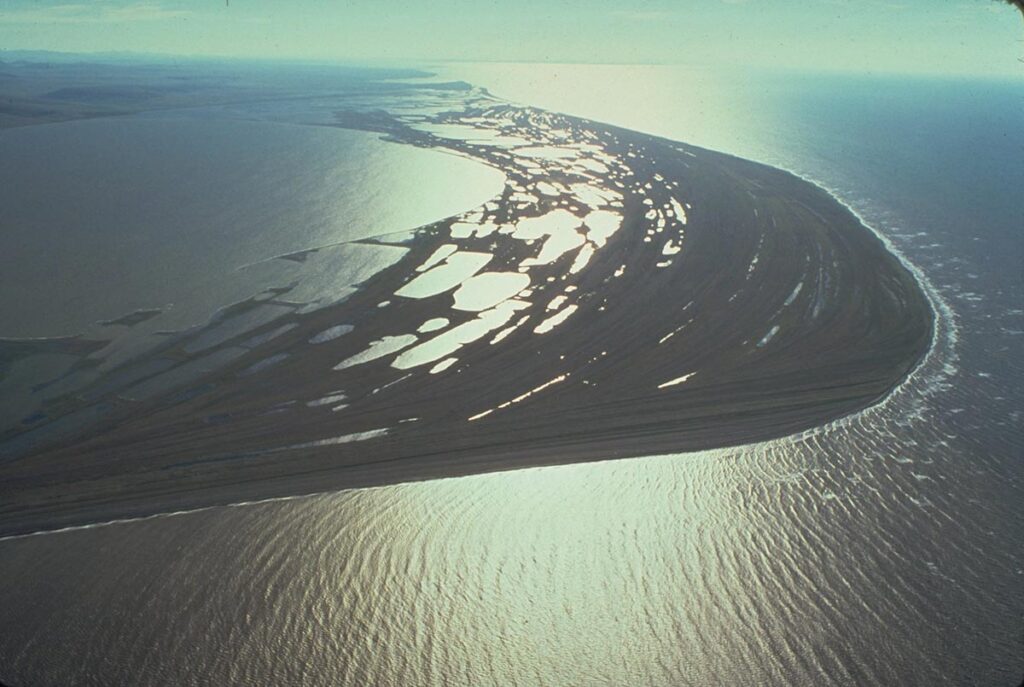SAR 24-HOUR EMERGENCY LINE: 907-412-2038
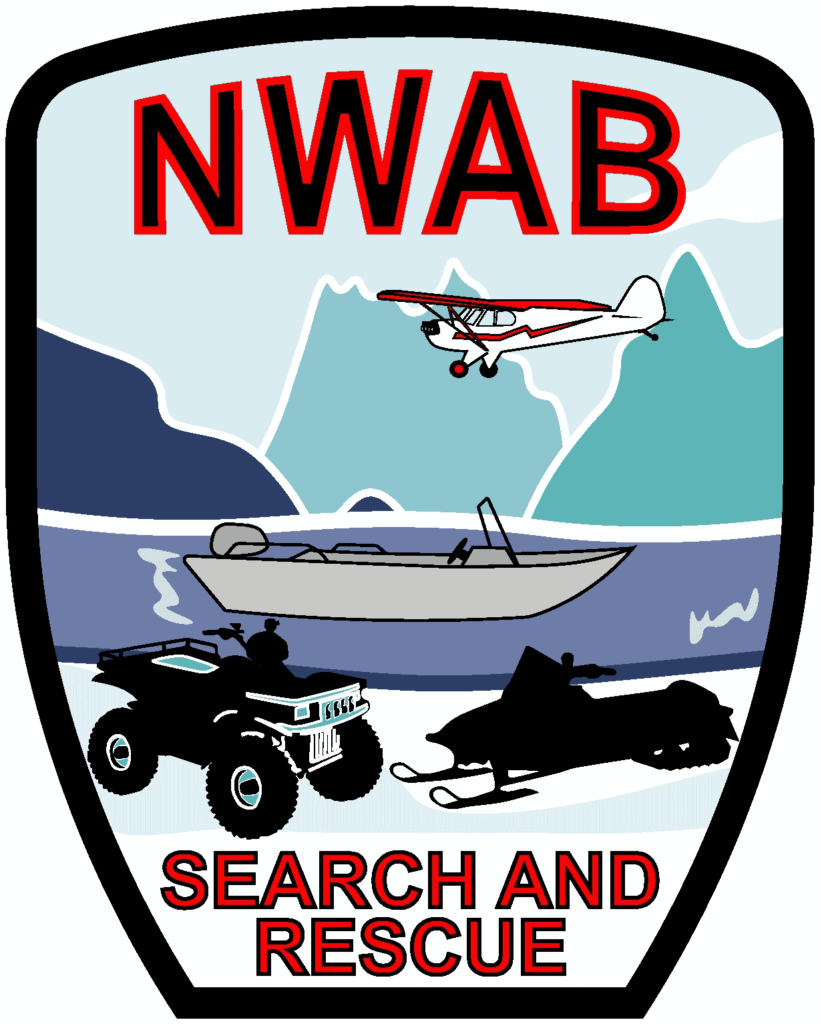
How to fill out a trip report
To report a trip report please call the on-call phone prior to your trip and have the following information available to the SAR Coordinator at 907-412-2038:
- Name of traveler
- Vehicle description, model, make and color
- Description of gear being used
- Any extra items being used to travel with such as sleds
- Next of Kin name and working phone numbers
- Trails or waterways being used to travel
- Expected time of departure
- Expected time of arrival
How to report a lost or overdue traveler
To report a lost or overdue traveler please call the on-call SAR Coordinator phone at 907-412-2038. Please have the following information available:
- Name of overdue traveler
- Birthdate or age of overdue traveler
- Cell phone number of overdue traveler
- Vehicle description, make, model and color
- Description of outwear or gear
- Any extra items known with traveler
- Trails or waterways being used to travel
- Time of Departure
- Last place seen, and name and phone number of individuals who saw them
- Any name and contact information of parties involved and parties at departure and destination
Mission
To unify the Search and Rescue teams of the NANA Region in order to provide effective ground, air and water search and rescue capabilities for the people of the NANA Region.
Philosophy
The Northwest Arctic Borough is the second-largest borough in Alaska along the Kotzebue Sound, Wullik, Noatak, Kobuk, Selawik, Buckland and Kugruk rivers. The area encompasses 35,898.3 sq. miles of land and 4,863.7 sq. miles of water. The area experiences a transitional climate, characterized by long, cold winters and cool summers. Temperatures range from -52 to 85 degrees Fahrenheit. Winds average 8 to 12 miles per hour (mph), but 50 to 70 mph winds may accompany storms and produce extremely low and dangerous wind chill factors. Total precipitation averages 9 inches per year and average annual snowfall is 47 inches. Because of the transitional climate, Inupiat Eskimos have conducted searches for lost or missing family and tribal members. At some point in modern times, these nomadic people settled into communities and eventually formed organized village search and rescue groups. These groups exist today in each of the Northwest Arctic Borough’s eleven (11) communities, Ambler, Buckland, Deering, Kiana, Kivalina, Kobuk, Kotzebue, Noatak, Noorvik, Selawik and Shungnak. These SAR’s serve a remote and rugged Alaska wilderness area that is roughly equivalent in size to the state of Indiana. There are no roads connecting any of these communities, and this necessitates inter-village travel by airplane, boat, or snowmachine, often in adverse weather conditions. Each year, there are numerous incidents of persons who are lost, missing, or overdue.
Prior to the formation of our Home-rule Borough (a borough is similar to a county or parish) in 1986, the region was mostly referred to as the “NANA Region” due to the creation of the NANA Regional Corporation, a native corporation formed as a result of the Alaska Native Claims Settlement Act (ANSCA) in 1971. Shortly thereafter, a regional “umbrella” SAR organization was formed and was called “NANA Region Search and Rescue.” This new regional group was intended to serve as a unified command structure whenever large scale, expanded or extended searches took place involving several village SAR’s at one time. It also was intended to serve as a non- profit consortium of village SAR’s or conducting business matters and to be eligible for grants and donations.
In the 1980’s Maniilaq Association, a non-profit health and social services corporation began providing coordination to our village SAR’s by hiring a full-time paid coordinator to support SAR activities. NAB subsidized this position for a number of years. As the NAB governmental structured evolved over the first 15 years of its existence, the Borough began to take on a greater role in matters of public safety. As of November 2005, Maniilaq Association and NAB signed a Memorandum of Agreement, moving SAR coordination function from Maniilaq to the Borough.
Program Overview
The principal executive officer of the Borough Search and Rescue program is the Search and Rescue Coordinator. The Public Services Director shall have hiring authority for the Search and Rescue Coordinator and the Coordinator is answerable to the Public Services Director. The Search and Rescue Coordinators Shall:
- Act in furtherance of the Department’s mission of providing search and rescue services for the Northwest Arctic Borough;
- Perform and exercise all powers incident to the duties of this once as prescribed by state and federal law, this code of ordinances and such other duties not in conflict therewith as may be assigned by the Mayor;
- Have authority over and direct the activities and functions of the Department (e.g., maintain current roster of SAR Volunteers, maintain current inventory of Borough owned or purchases SAR equipment, serve as a purchasing agent for SAR volunteer organizations;
- Prescribe policy and procedure, with the approval of the Mayor, as may be necessary for the effective and efficient operation of the Department.
- Facilitate training opportunities to all village-based volunteer search and rescue organizations.
- Keep an updated inventory of all search and rescue equipment and seek funding to update equipment needed to facilitate search and rescue activities
- Coordinate a systematic approach to annual mandatory trail staking within the Borough. Budget trail maintenance.
- Seek funds to renovate all shelter cabins on the Borough’s winter-trail system. Coordinate with village search and rescue organizations for renovations.
- Develop a close working relationship with the Alaska State Troopers, State Department of Homeland Security & Emergency Management and the US Coast Guard to improve the search and rescue capabilities of the Borough.
- Update and write new policies and procedures to improve the response time for all search and rescue call-outs. Develop a Memorandum of Agreement with village fuel retailers to ensure search and rescue organizations have access to fuel at a moments notice.
- Coordinate all regional searches within the Incident Command System (ICS) structure (mandatory)
- Maintain an updated directory of search and rescue President’s.
The department shall endeavor to provide search and rescue services for communities of the Northwest Arctic Borough, and provide assistance to the Office of Emergency management in disaster assistance as provided in Chapter 10.10 of this code of ordinances.
Volunteer Search & Rescue Organizations
Volunteer search and rescue personnel at each established community of the Borough should organize into their own association, adopt their own bylaws and elect officers who shall direct and manage the activities of the organization. City or Tribal governments will sponsor the village-based search and rescue organizations.
The functions of the volunteer organization and the duties of its officers shall operate in conjunction with the Department of Search and Rescue and be based on the traditions of cooperation and mutual aid. They shall not limit or otherwise interfere with the duties and powers of the Search and Rescue Coordinator and the management of the Program.
From time to time, in such amounts as Search and Rescue Coordinator shall determine, payments may be made to volunteer search and rescue organizations for the purposes of reimbursing costs of search and rescue operations and other appropriate functions.
Search and Rescue Authority
Ord. 10-17, section 10.12.010 through 10.12.060 of the Northwest Arctic Borough Assembly Code outlines the duties and duties of the Search & Rescue Coordinator, and the functions of the Office of Search and Rescue, which includes the following:
- The Department of Search and Rescue shall endeavor to provide search and rescue services for communities of the Northwest Arctic Borough.
- The Department of Search and Rescue shall provide assistance to the Office of Emergency management in disaster assistance as provided in Chapter 10.10 of this code of ordinances.
Links of Interest
- Alaska Mountain Rescue Group
- National Association for Search & Rescue
- Alaska Search & Rescue Association
- GEOS Search & Rescue
Search & Rescue Forms
- Equipment Inspection Checklist
- Incident Report Form
- Incident Command Organizations Chart
- Inventory Checklist
- Major Event Log
- Personnel Roster


